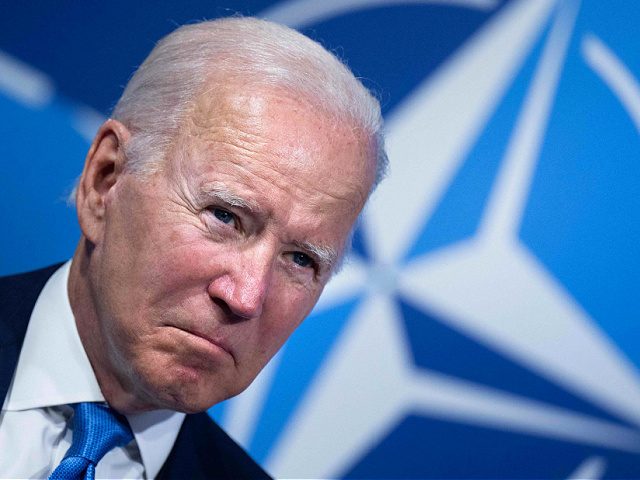Israel is about to defeat Hamas and win the war, but is waiting on the outskirts of Rafah, the last Hamas stronghold. That is for two reasons.
One is that the 134 remaining Israeli hostages are probably in Rafah, and Israel needed to at least try negotiating for their release.
The other reason is that President Joe Biden has publicly warned Israel not to enter Rafah, for the sake of the Palestinian civilians who have fled there, whom the U.S. says cannot be evacuated.
It is curious that Israel is somehow responsible for the welfare of Palestinian civilians, and not Hamas, which ruled Gaza for nearly two decades and started the war on October 7.
Arguably, Palestinian civilians would likely be better off if Hamas were to be defeated quickly. Israeli Prime Minister Netanyahu said in mid-February that the war would be over in “weeks,” not months, once an operation in Rafah began. The dithering has made conditions in Gaza worse.
On Monday, President Biden seemed to make Israel’s decision easier by siding with Russia and China at the United Nations Security Council, and allowing a resolution to pass that separated a ceasefire from a hostage release deal.
Hamas responded by returning to its original demand that the war end before any more hostages are released, ending hope for a deal. It appeared to be a huge mistake by Biden, and gave the impression of throwing Israel under the bus.
But perhaps the Biden administration is secretly pleased with the rift. It means that Israel will attack Hamas in Rafah, and the White House will be able to claim it was opposed to the operation, thus evading criticism from “progressives” at home and Arab allies abroad.
The supply of arms to Israel will continue, quietly, and the U.S. will gain the benefit of an Israeli victory over a radical Islamic terrorist organization backed by Iran, without diplomatic or political cost.
That is the best-case scenario. (The worst-case scenario is that anti-Israel radicals have finally taken over U.S. policy and that Biden, fearing defections in key swing states, is now their puppet.) Israel will win, and Biden will take credit for the victory while avoiding blame for the humanitarian cost.
It is a way of “leading from behind,” the strategy that President Barack Obama adopted in Libya in 2011. Let other people do the fighting; let our people do the moralizing.
It is a very cynical, and “postmodern,” approach, and it typifies Biden’s approach to policy in a variety of areas. The messy task of physical security is left to other people, or else covered up with clever jargon.
He won’t close the southern border, for example; instead, he wants to legalize migration and call it “border security.” Likewise in our crime-ridden cities, where Democrats have denigrated police work to the point that few people are willing to do it.
Sen. Raphael Warnock (D-GA) said this week that the best way for Israel to defeat Hamas was through “love.” And he is right, in a sense: the Israeli mothers and fathers who are leaving their families and their jobs behind to fight Hamas are doing so because they love their children and their country.
That’s the deepest kind of love, and it has to begin with those closest to you, not the enemy. (If Hamas loved Palestinian children, this war would never have happened.)
Fighting to defend those you love is the essence of what we once called manliness, whether men or women are doing the fighting.
Letting other people fight for you, while complaining about the way they do it, is adolescent behavior.
Somehow this administration has elevated that to a kind of official virtue.
But it is an approach that ordinary people reject, which is why Donald Trump is cheered at UFC fights, and why Hamas never attacked Israel during his term.
Joel B. Pollak is Senior Editor-at-Large at Breitbart News and the host of Breitbart News Sunday on Sirius XM Patriot on Sunday evenings from 7 p.m. to 10 p.m. ET (4 p.m. to 7 p.m. PT). He is the author of the recent e-book, “The Trumpian Virtues: The Lessons and Legacy of Donald Trump’s Presidency,” now available on Audible. He is also the author of the e-book, Neither Free nor Fair: The 2020 U.S. Presidential Election. He is a winner of the 2018 Robert Novak Journalism Alumni Fellowship. Follow him on Twitter at @joelpollak.

COMMENTS
Please let us know if you're having issues with commenting.